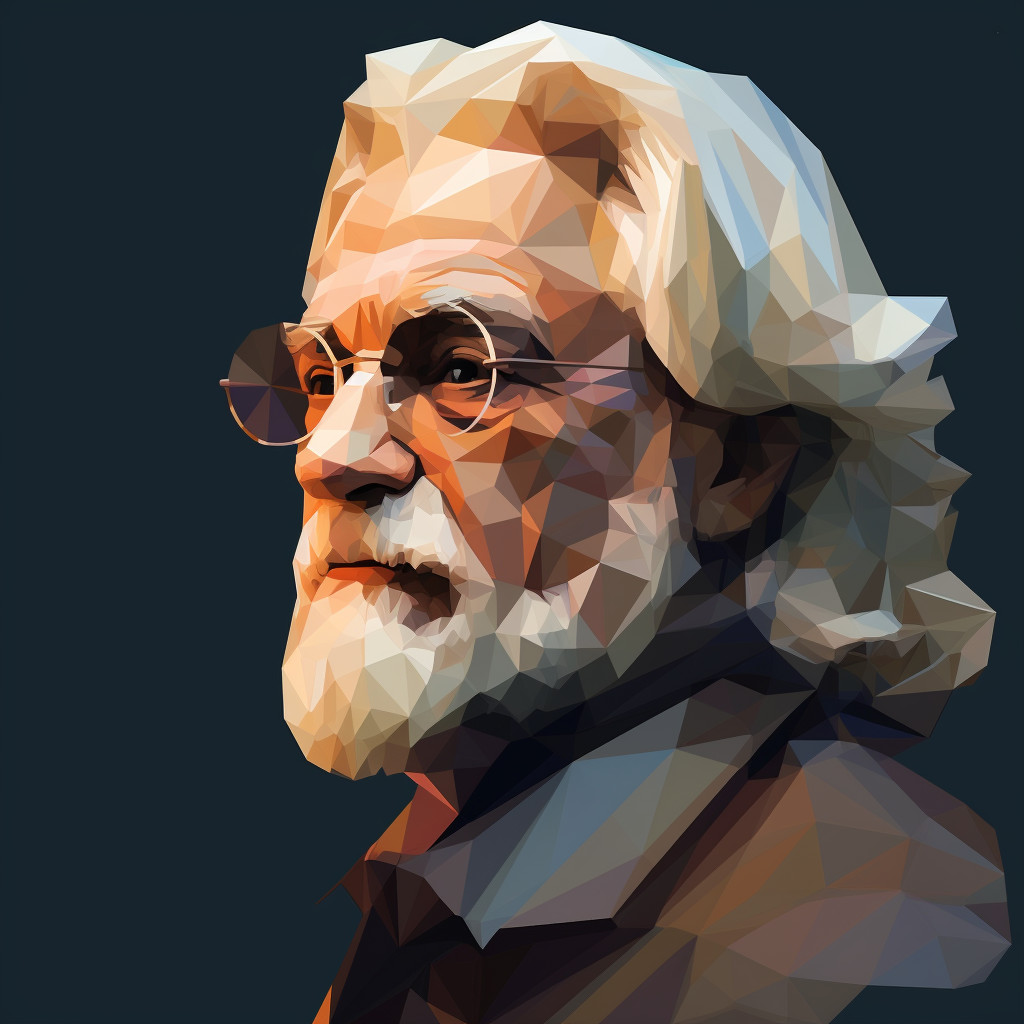This quote implies that events or circumstances in our lives are neutral. They simply occur. However, our feelings, reactions, and interpretations of these events are subjective. They are influenced by our personal biases, experiences, and perspectives. Essentially, the quote separates the objective reality (what’s happening) from the subjective reality (how we feel about what’s happening).
This idea can be quite transformative when applied to personal development or in our daily lives. It suggests that we have the power to control our reactions and emotions, regardless of the situations we find ourselves in. For instance, if you’re stuck in a traffic jam, the objective reality is that you’re in a situation where your movement is slowed down. But how you react to it, whether you’re frustrated, calm, upset, or indifferent, is entirely up to you.
In the context of today’s world, this quote can be particularly relevant. We are often bombarded with news and information that can be overwhelming or distressing. However, if we apply the idea from this quote, we can choose how we react to this information. We can choose to respond with panic and fear, or we can choose to respond with calm, rationality, and a desire to find solutions.
In personal development, this idea encourages emotional resilience and self-awareness. By understanding that our feelings are separate from the events themselves, we can better manage our emotions, respond more effectively to challenges, and cultivate a more positive outlook. It teaches us that while we can’t always control what happens to us, we can always control how we react to it.








